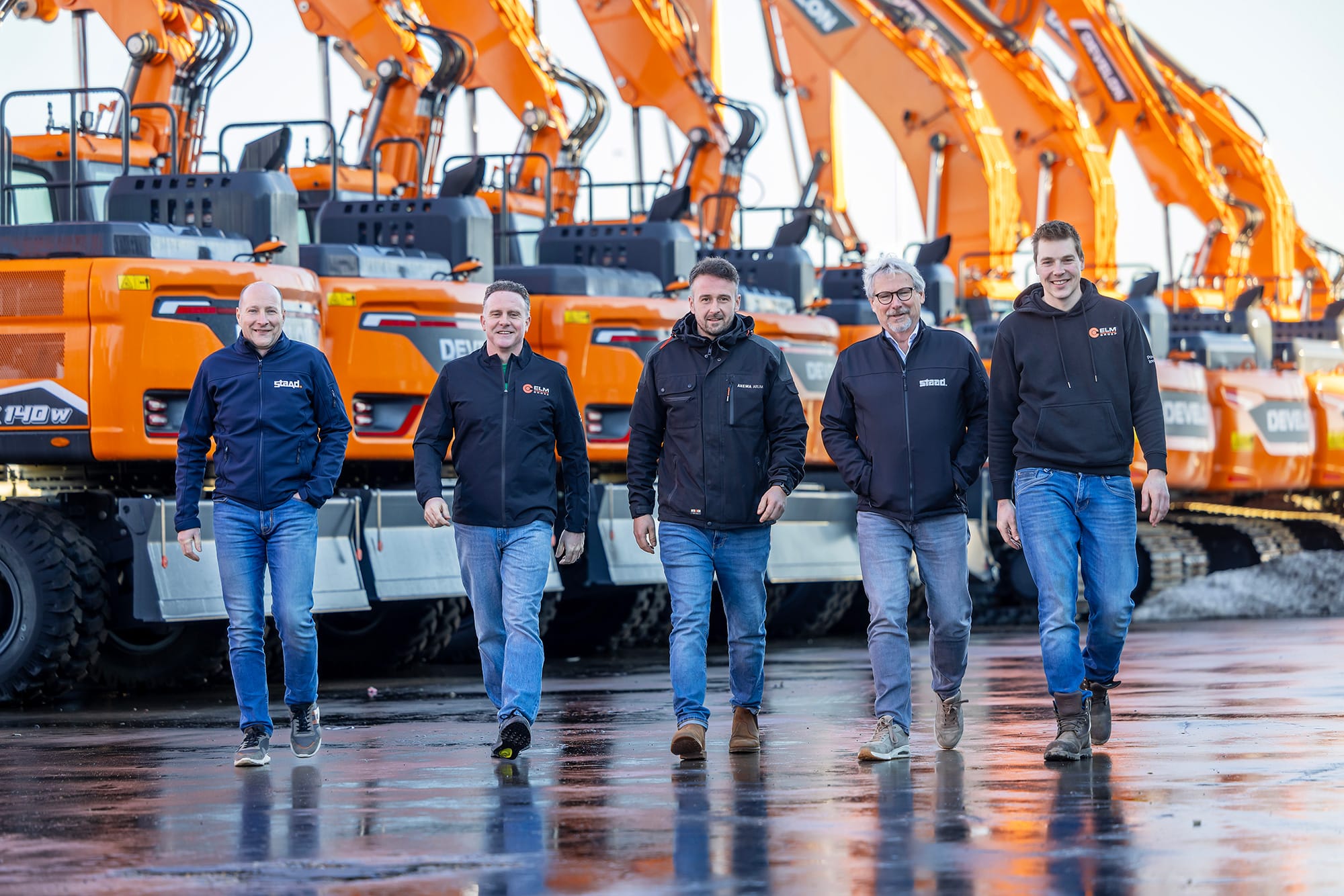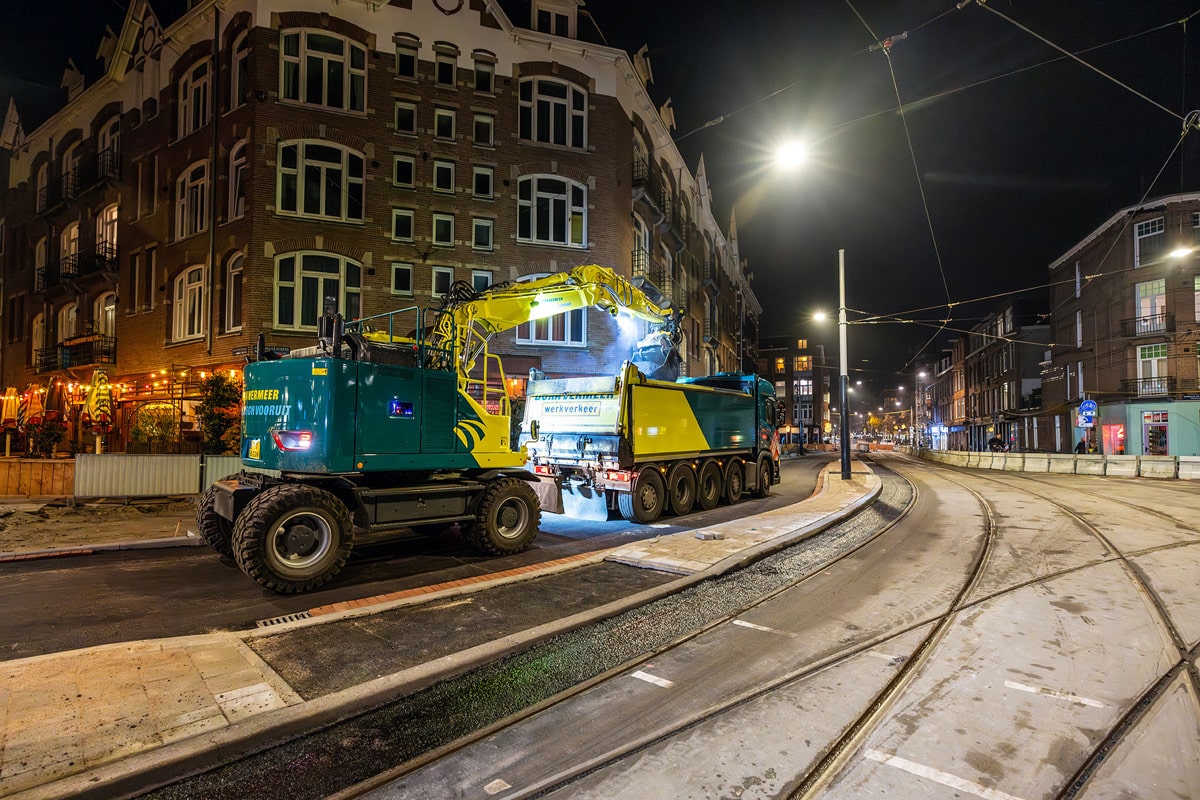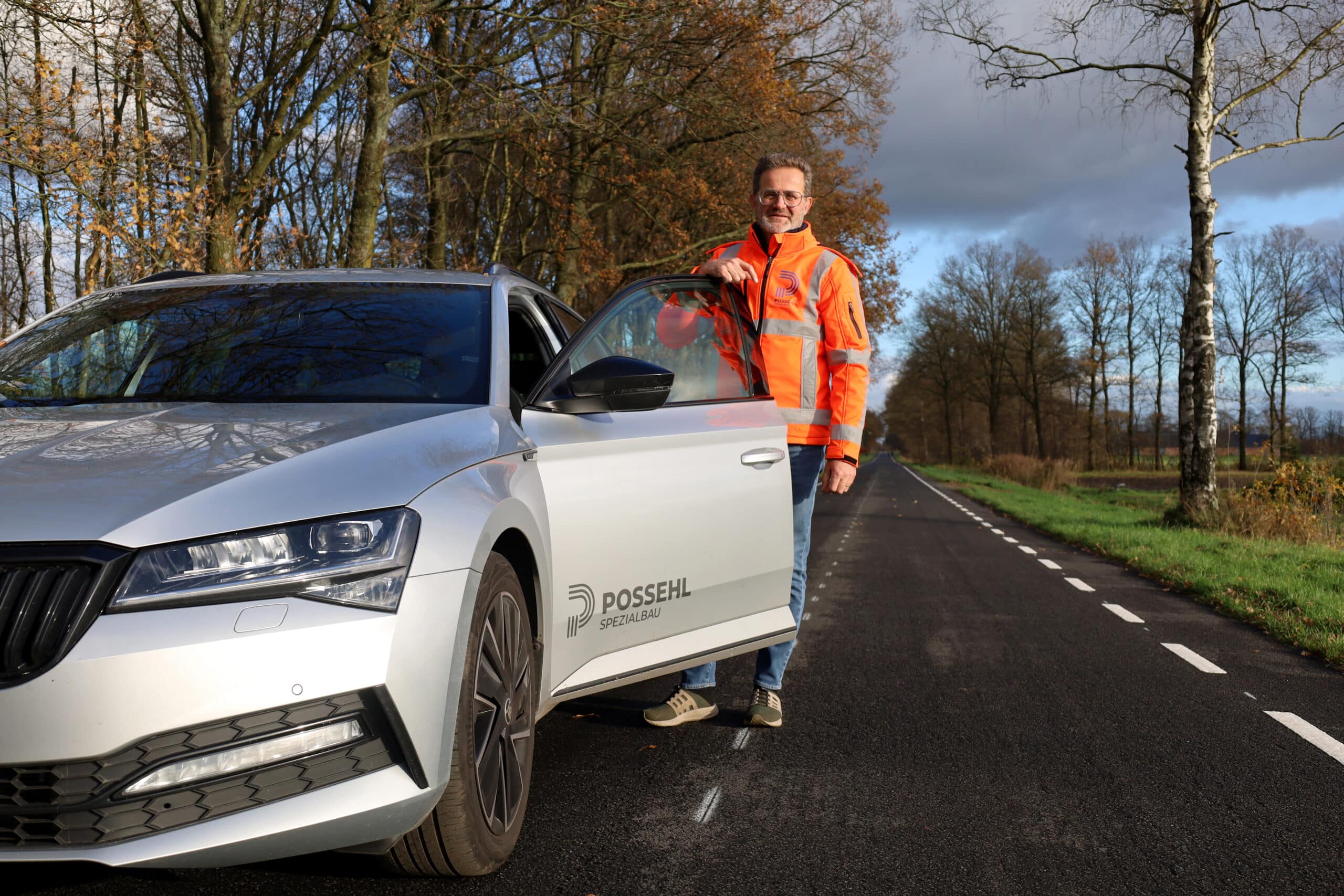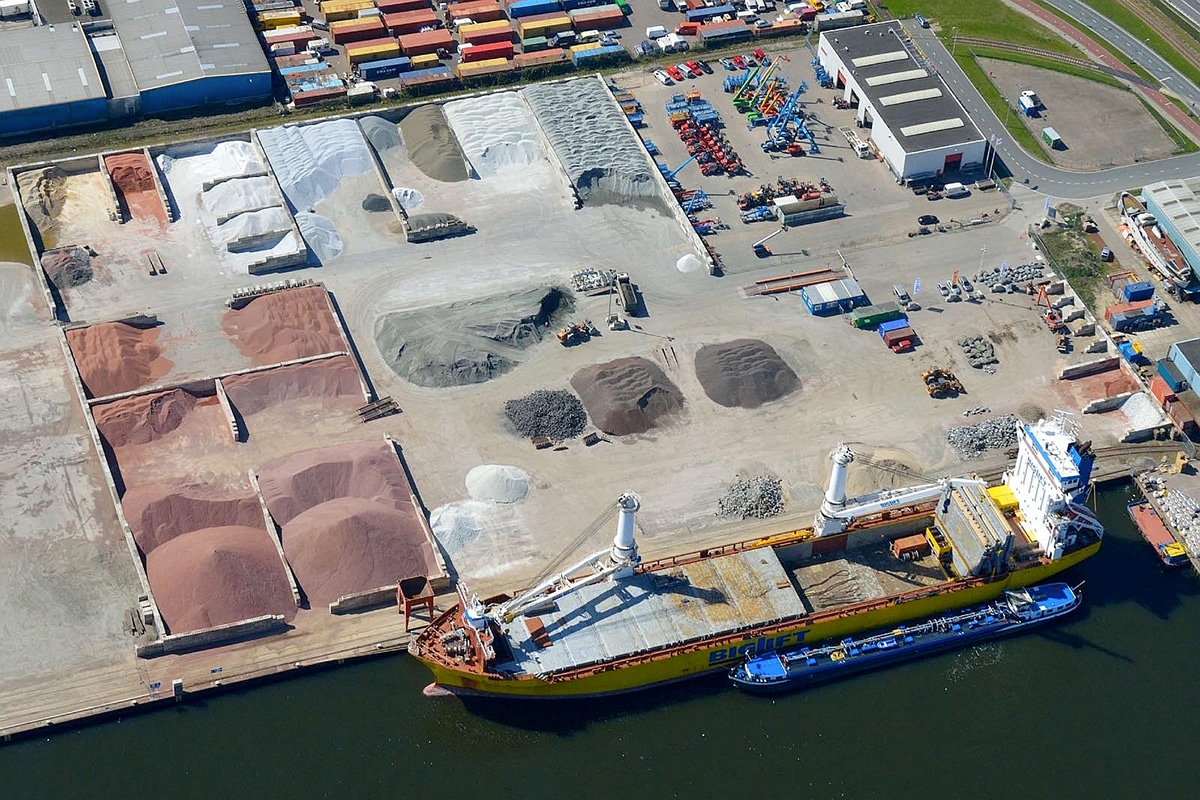
Column | Liesbeth Schippers
Getting Started
Alaska, sea kayaking at the base of Columbia Glacier. If there is one place on earth where climate change is setting in, it is here. Retreating glaciers, far too large chunks of glacial ice float into the sea. Around you the cracking sound of melting ice.
The task of limiting global warming to 1.5℃ is unimaginably large. We all need to get to work, yesterday rather than today. The government, households, and also you, the builders of our country. Because there is a lot coming at you. For example, did you already know that the government's goal is to have a nearly energy-neutral built environment (BENG) by 2050? And that doesn't mean you won't be affected for the time being. On Nov. 2, 2018, the Building Code was amended, creating a so-called label C requirement for offices. Offices that do not have that label on Jan. 1, 2023, may not be used, with a few exceptions. If you are about to perform major maintenance on your office, you had better anticipate this. Planning to build a new office? Then it must be "BENG" by December 31, 2020 at the latest. Solar cells on the roof, connection to heat and cold storage (WKO), geothermal energy, wind energy (own windmills or purchase from a local wind farm), aquathermy, insulation and of course simply reduce energy consumption, all solutions (whether or not in combination) to make your office energy neutral.
If you make heavy use of trucking, it is wise to minimize that as well. On November 9, 2018, the Minister of Infrastructure and Water Management published the policy framework "Truck Charges". The intention is that the principle "The user pays" will apply. The more one uses the road with trucks, the more one pays. A law for it has yet to be enacted. The levy is expected to be able to take place for the first time in 2023. But again, it doesn't hurt to anticipate. How can you already be more efficient with your freight transport now, so that you will not be faced with unnecessary extra costs later on? More transport by water, perhaps, but with the use of shore power. Or by rail, the Betuwe Route is there for a reason. Yesterday I was passed in the street by a bus. I thought I hear nothing and, more importantly, I smell nothing. Not that dirty diesel smoke we are used to from buses. An electric bus, a breath of fresh air, literally and figuratively.
Sustainable building, it's not just about what you build, but also how. Electricity (or hydrogen) powered excavators, surely they are already there, but I don't see them. I understand that you can't stop road work every time to put the paver on a charging station, but there must be smart technologies to develop. Innovation is absolutely essential. And for that we depend on you, the companies, in cooperation with knowledge institutes and universities. After all, we all face a giga-task. Any innovation, no matter how small, is welcome.
Liesbeth Schippers
Lawyer-partner at Pels Rijcken




